
OR
Editorial
Dahal's ‘divisive’ move to glorify violence
Published On: February 27, 2023 07:30 AM NPT By: Republica | @RepublicaNepal
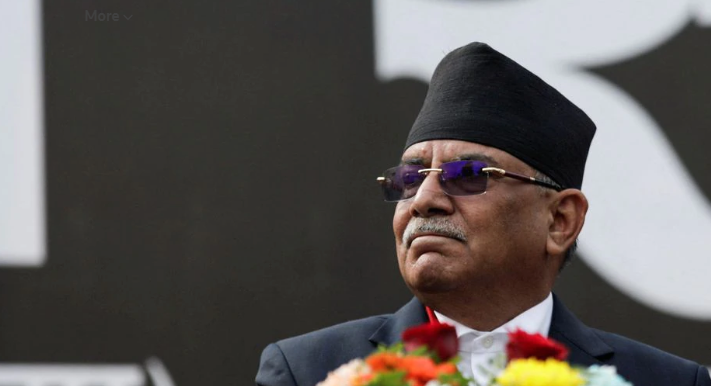
The Maoist conflict in Nepal was a dark period in the country's history. The decade-long conflict, which started in 1996, resulted in the loss of at least 17,000 lives and brought the country to the brink of chaos. Although the conflict formally came to an end nearly 17 years ago, the scars of this bloody war are still fresh. Tens of thousands of victims of this conflict are still waiting for transitional justice as the Truth and Reconciliation Commission and the Commission of Investigation on Enforced Disappeared Persons are rendered defunct. It is important for Nepal to move on from this violent past and build a peaceful future by resolving the long-pending transitional justice issue. However, the announcement made by CPN (Maoist Center) Chairman and Prime Minister Pushpa Kamal Dahal on Sunday to declare all those killed in the Maoist war as martyrs - within weeks after granting public holiday to mark the People’s War Day on Phalgun 1 that marks the formal beginning of the Maoist insurgency in 2052 BS - is the glorification of violence and a disrespect to those who sacrificed their lives for freedom and democracy.
The term "martyr" is often used to describe someone who has died for a national cause or a belief in the best interest of the country. It is not an appropriate term to use for those who died in the Maoist conflict. The Maoist insurgency was a violent and destructive movement (mis)guided by a foreign ideology that caused immense suffering to the people of Nepal. The use of violence and terror tactics by the Maoists resulted in the deaths of not only security personnel, but also innocent civilians. Declaring all those who died in this conflict as martyrs glorifies violence and sends the wrong message that violence is an acceptable means to achieve one's political goals. Furthermore, the practice of declaring all those killed in the Maoist conflict as martyrs can cause fresh polarization in the country. The conflict was deeply divisive and caused a rift in the Nepali society. While some view the Maoist insurgency as a heroic struggle against oppression, others see it as a violent and misguided movement that brought nothing but pain and suffering. The declaration of all those killed in the conflict as martyrs will only serve to deepen these divisions and create more animosity between different groups in the country.
It is important to note that not all parties and people in the country see the Maoist conflict as a war of necessity. The recent remarks made by UML Chairman K P Oli regarding the declaration of a national holiday on Phalgun 1 as a celebration of violence highlights this fact. Glorifying violence in this way is not acceptable to many people, and it is important that Nepal moves away from this type of rhetoric and focuses on building a peaceful and inclusive society. Needless to say, Nepal has made great strides towards peace and stability in the years following the end of the Maoist conflict. The country has undergone significant political and social changes following the promulgation of a new constitution through the Constituent Assembly, and there is a sense of optimism about the future.
Instead of glorifying violence, it is time to urgently address the transitional justice issues and hold all those responsible for the crimes against humanity, be it the Maoists or state actors, accountable while healing the festering wounds of the conflict victims for sustainable peace in the country. It is important to acknowledge the pain and sufferings caused by the Maoist conflict, but also to recognize the progress that has been made in the years since. It is also equally important to work towards a future where violence is not seen as a solution to political or social problems. Declaring all those killed in the Maoist conflict as martyrs is glorification of violence and is not good for the society and the country. It threatens to deepen divisions within the Nepali society and sends the message that violence is an acceptable means to achieve one's goals. Only by moving away from the glorification of violence can Nepal build a peaceful and prosperous future for all its citizens. The prime minister's current actions suggest that his priorities are misplaced.
You May Like This
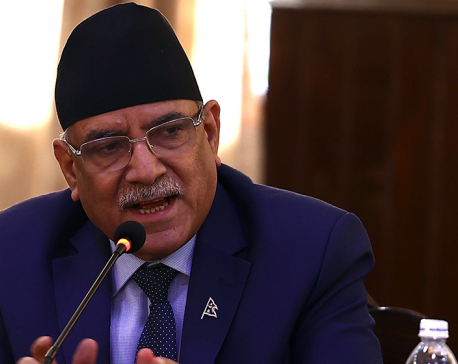
Ruling parties have decided to collaborate for local polls: Dahal
KATHMANDU, April 8: Chairman of the Communist Party of Nepal (Maoist Center), Pushpa Kamal Dahal has said that the ruling... Read More...
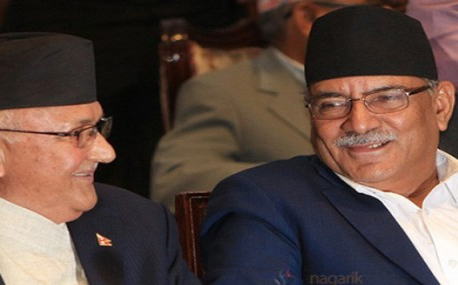
Dahal phones Oli, invites him to Maoist Center’s national convention
KATHMANDU, Dec 26: CPN (Maoist Center) Chairman Pushpa Kamal Dahal 'Prachanda' has invited CPN (UML) Chairman KP Sharma Oli as... Read More...
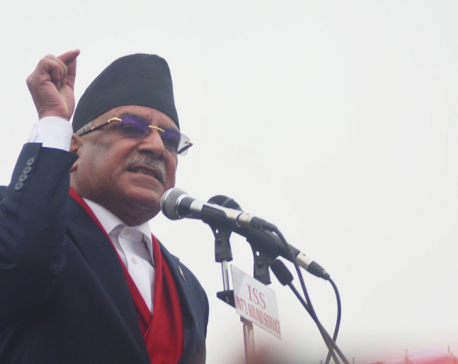
CPN (Maoist Center) Chairman Dahal admitted to hospital
KATHMANDU, Nov 13: CPN (Maoist Center) Chairman Pushpa Kamal Dahal has been admitted to the hospital after he experienced some... Read More...
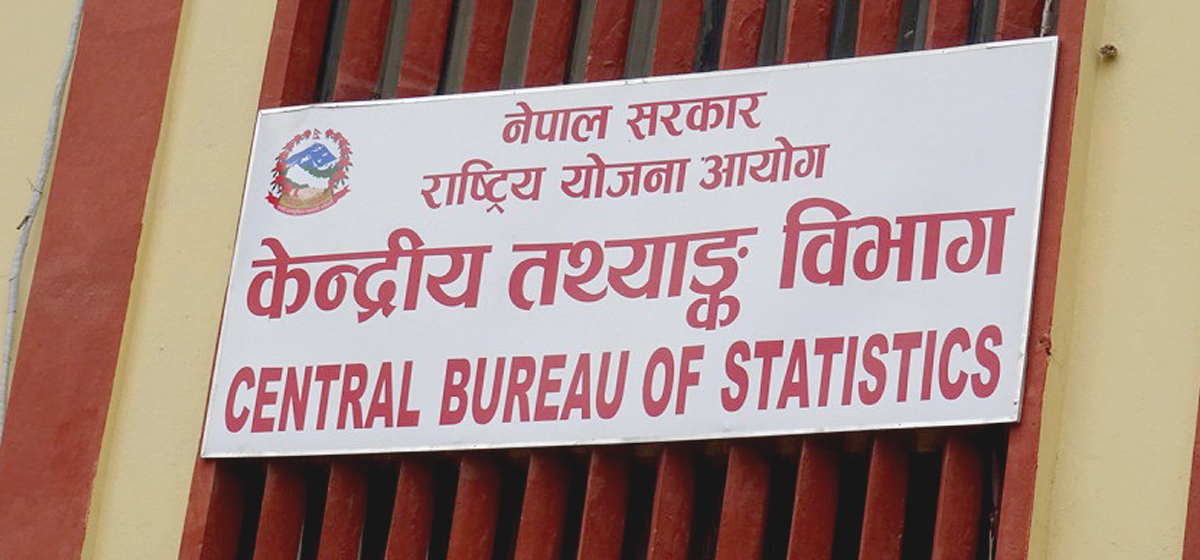
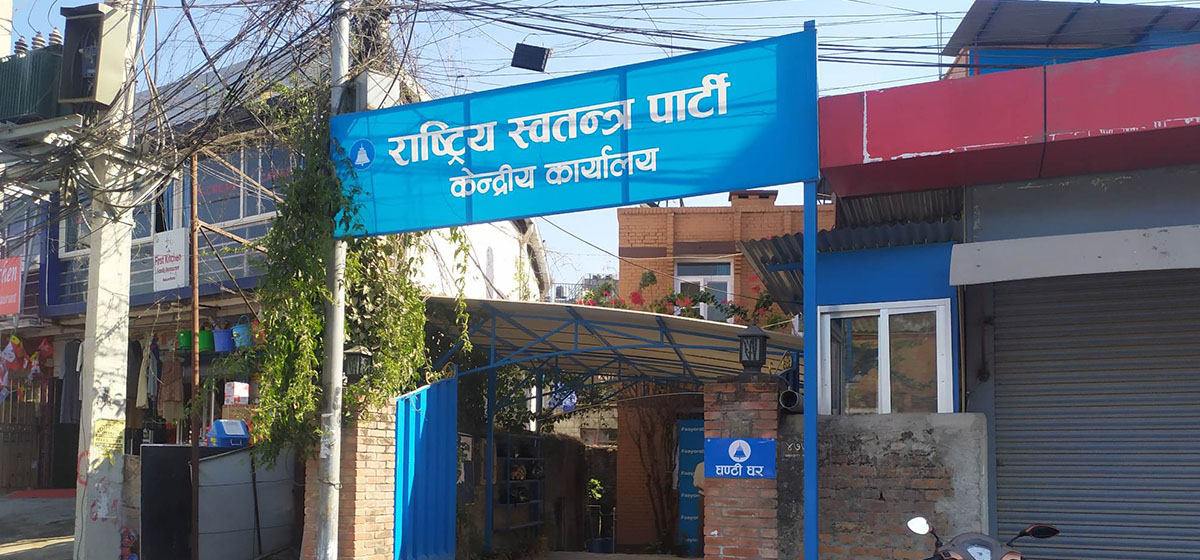
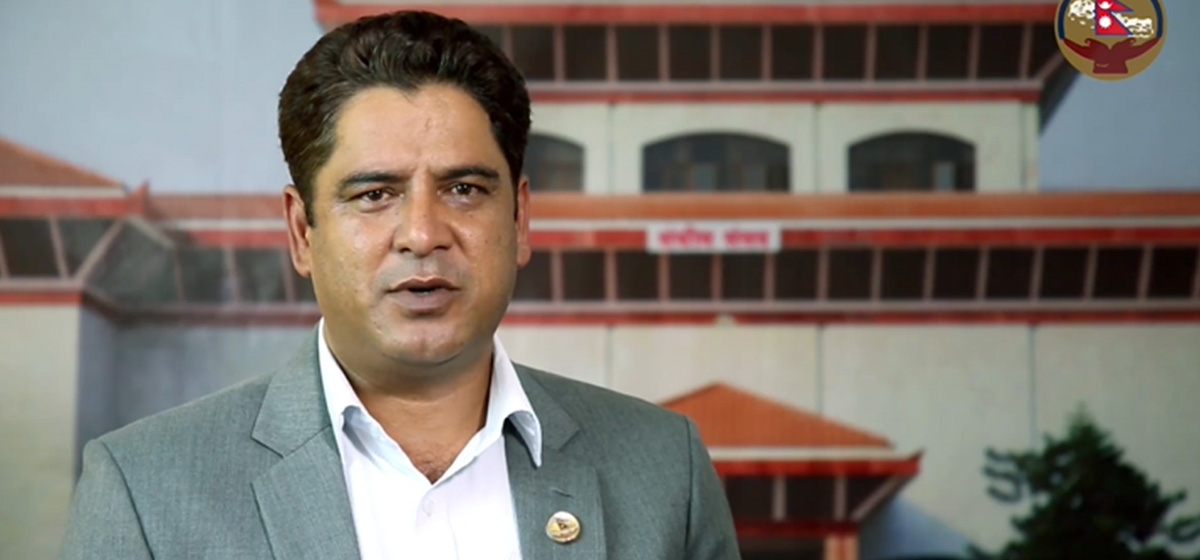
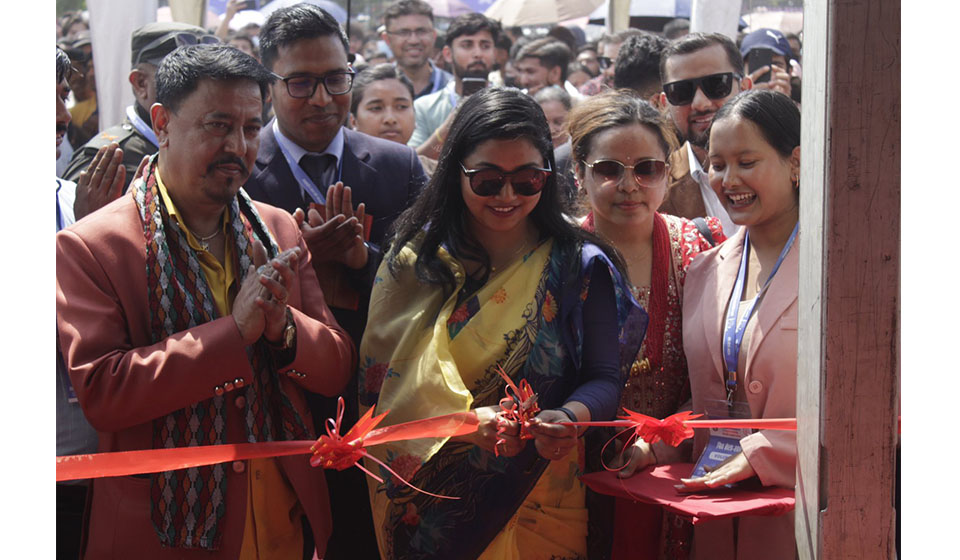
Just In
- NSO estimates Nepal’s per capita income at US $ 1,456
- RSP calls Central Committee and Secretariat meeting
- Narayanghat-Butwal road reports 50 percent progress in over five years
- T20 series: Nepal lose third match to West Indies by 76 runs
- Minister Bhandari requests Chinese govt to facilitate Nepali exporters in customs and quarantine
- KMC’s skill fair starts from today with aim to provide employment to more than 2,000 people
- Record-holder climber Kami Rita to ascend Mt Everest for 29th time
- Third T20 match: Nepal lose to West Indies A by 76 runs



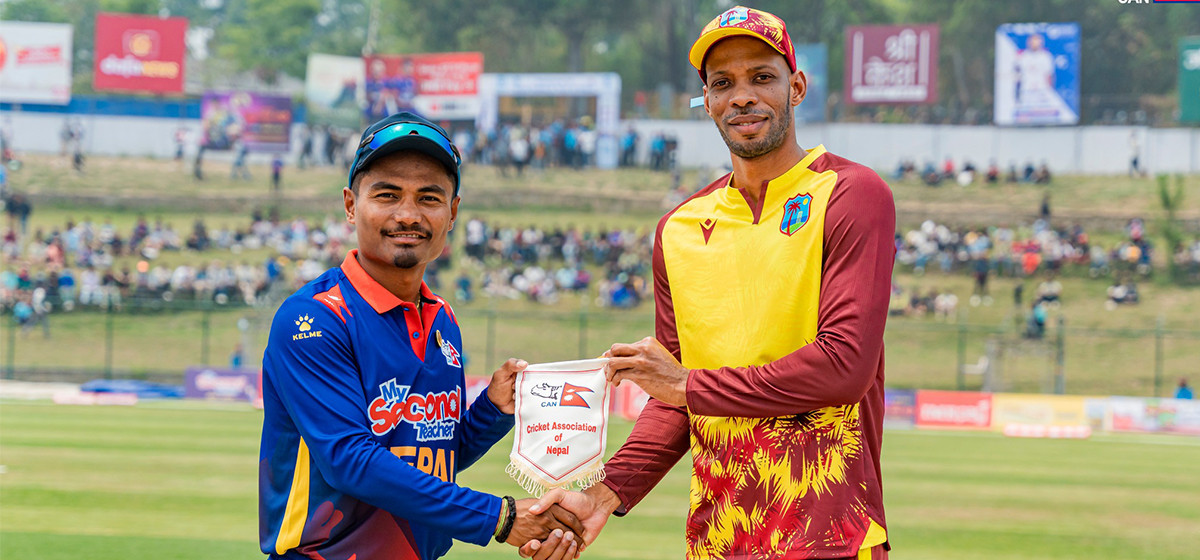

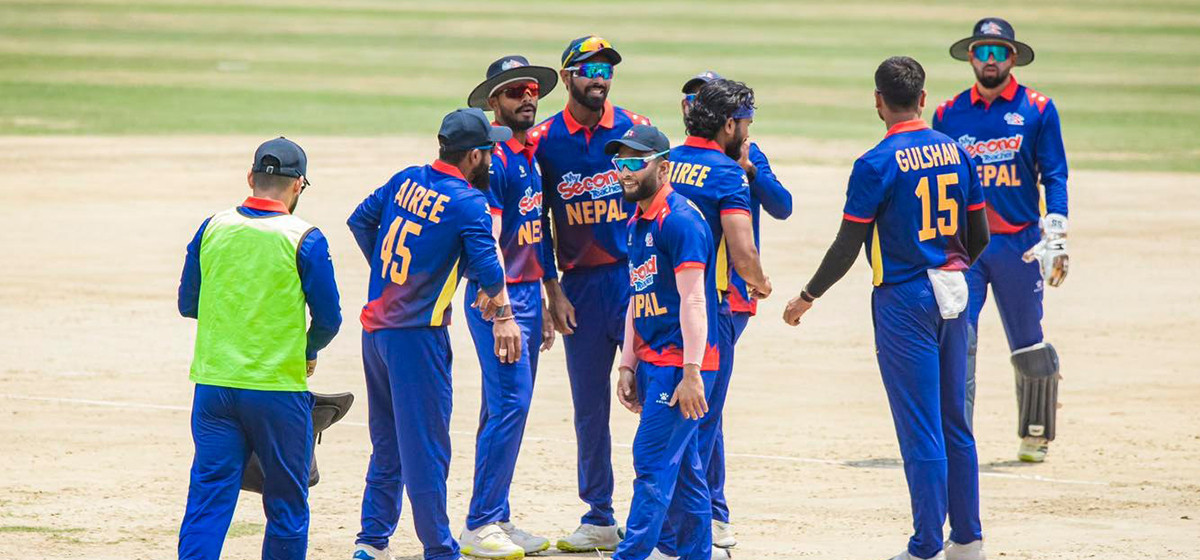


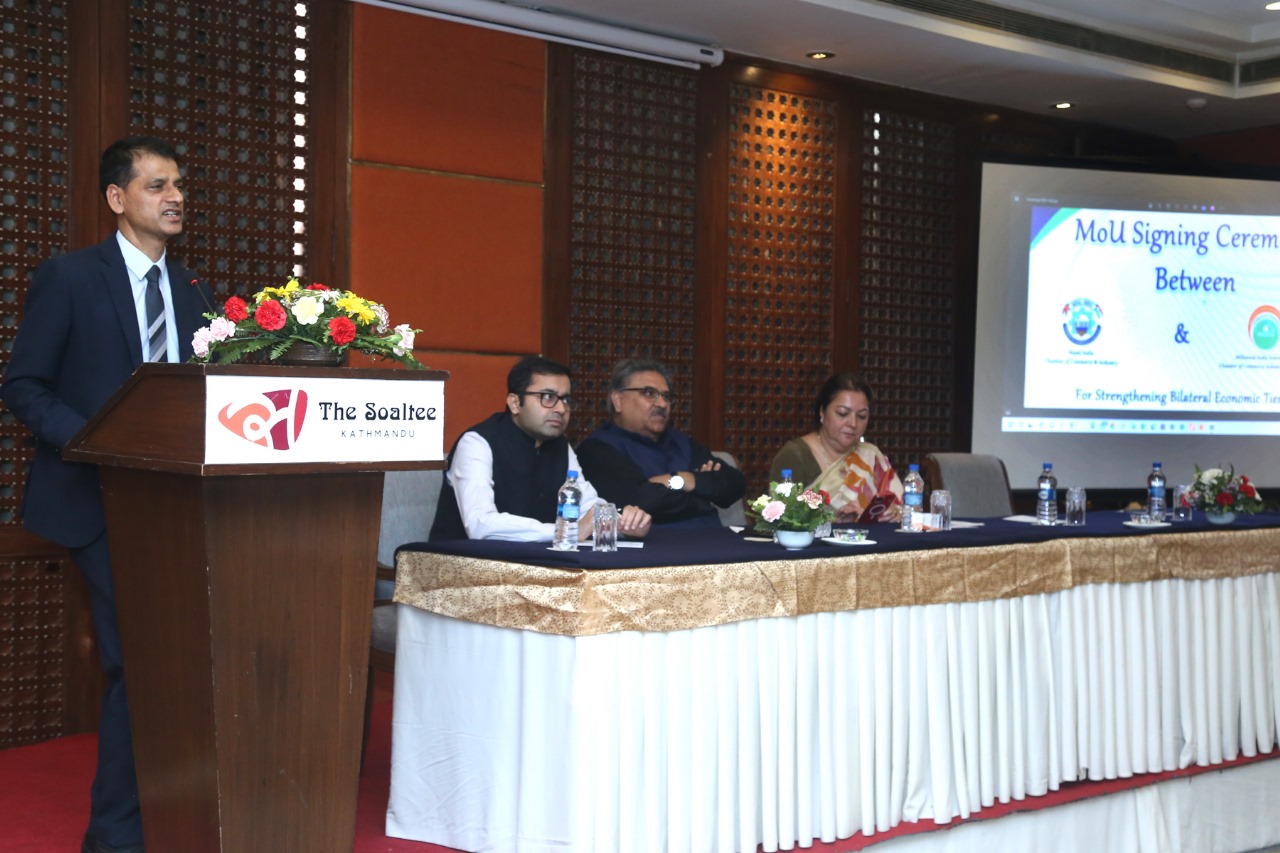

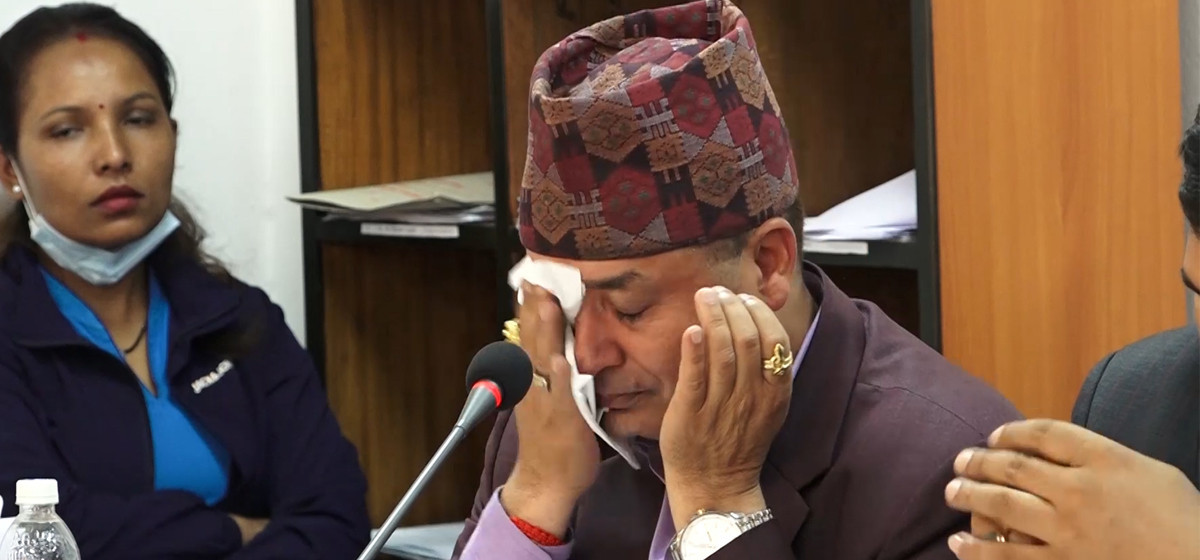
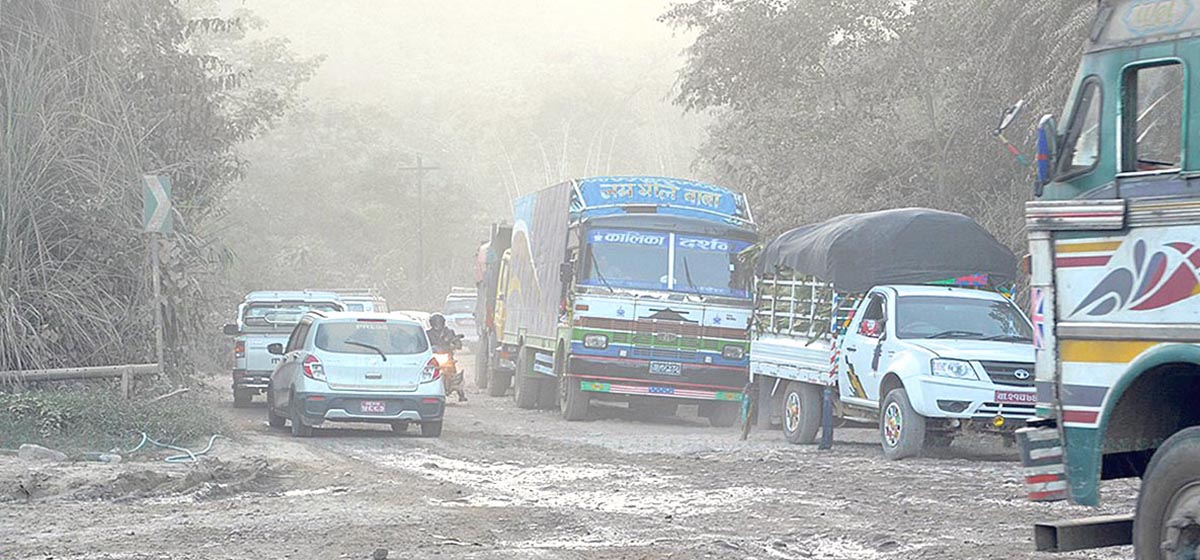
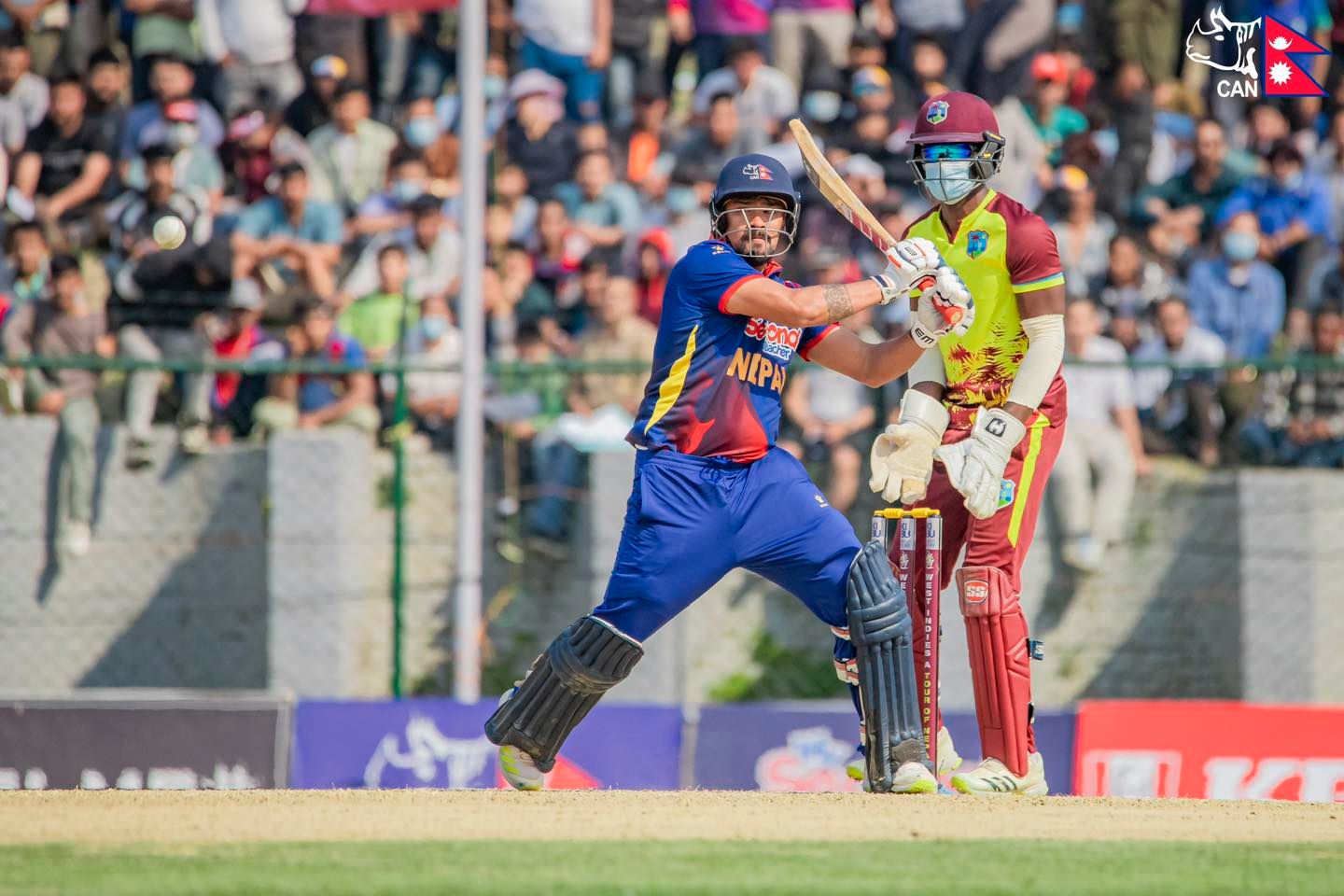

Leave A Comment